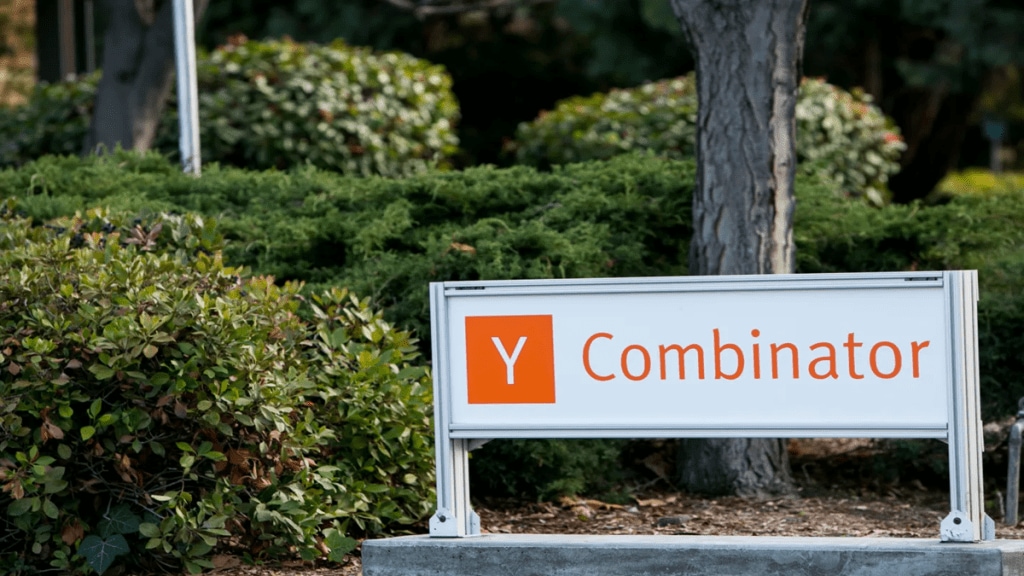Fundraising isn’t glamorous. Actual fundraising is about a bunch of one-on-one meetings over and over again while you try to collect checks and convince investors. It’s a grind, taking place through casual coffee chats and conversations, not formal pitches. It typically involves meeting hundreds of investors over several months.
Ben Lang, a prominent angel investor in Israel and advisor to over 50 startups on Tuesday shared a one-pager by prominent startup incubator Y Combinator in a post on X on how startup fundraising works. Launched in 2005, the incubator has funded over 3,000 startups, of which over a dozen are public, more than 60 are unicorns with over $1 billion valuation, and the combined valuation of YC alumni is over $600 billion. Some of the prominent Indian startups part of the Y Combinator in the past were Zepto, Razorpay, Meesho, Groww, Drip Capital and more.
The document essentially talks about focusing on starting up with a simple prototype with early users which could be the founder’s best pitch to investors. Early-stage funding is easier with tools like YC’s SAFE agreement, which keeps things simple and lets founders stay in control. While rejection is part of the fundraising process, the aim has to be to find investors who believe in your product and are ready to support it.
Here’s the playbook as shared by Lang:
Build first, then raise
- Don’t wait for funding to start working on your idea
- Build a simple prototype and get early users
- The best founders build the first version of the product first, even if it’s a simple almost toy-like version of it, and then get some users for it
- Early traction gives founders more leverage with investors
Convincing > impressing
- You don’t need to impress investors, you need to convince them
- Use plain language to explain business potential
- Show product and early user adoption
- Skip fancy presentations in favor of straightforward conversations
Modern fundraising mechanics
- Early rounds typically range from $500K to $2M
- YC’S SAFE agreement advantages: only 5 pages long, just two main terms to negotiate (amount and valuation cap), no lawyer fees, can close deals quickly
Control and ownership
- Modern seed rounds preserve founder control
- SAFE agreements don’t require: board seats immediate equity transfer, information rights
- Founders maintain decision-making authority
Networks
- If you are making something people want, investors don’t care about where you went to school, where you worked, who you’re friends with
- Product traction matters more than pedigree
- Focus on building and demonstrating value
- Avoid using intermediaries, founders should talk directly to investors
Dealing with rejection
- Rejection is a normal part of the fundraising process
- You don’t need every investor to like what you’re building, you just need a few of them to believe
- Current market has more investors than ever
- Focus on finding believers rather than convincing skeptics
- Keep building while fundraising
FinancialExpress.com couldn’t independently verify the document.

